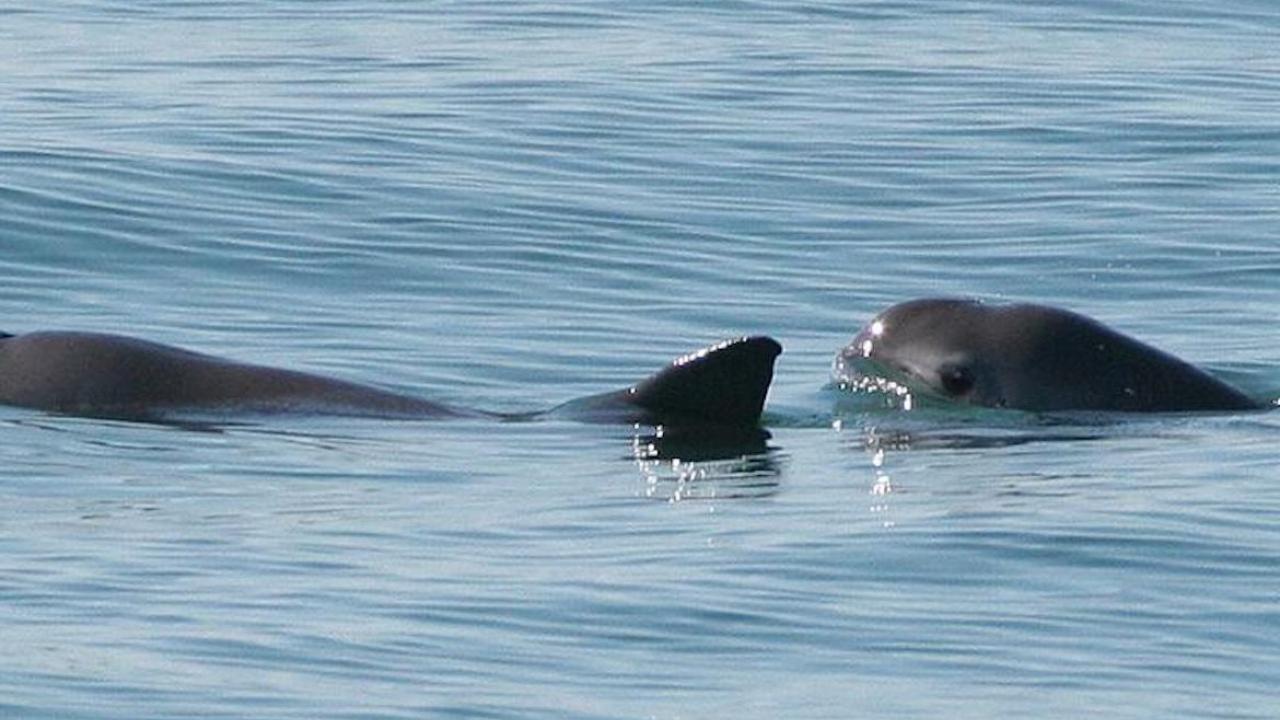The world’s smallest marine mammal is on the brink of extinction. However, despite 10 or fewer vaquita porpoises living in Mexico’s Gulf of California — their only habitat — the species could still miraculously recover. Genetic analysis conducted by a team of UCLA biologists and their colleagues found that vaquita porpoises remain relatively healthy and are not doomed to extinction via harms related to inbreeding.
Vaquita porpoise immunity to detrimental inbreeding is likely due to its naturally low population size. This allowed the species to gradually purge extremely harmful recessive gene variants which may negatively impact health under inbreeding.
“Interestingly, we found the vaquita is not doomed by genetic factors, like harmful mutations, that tend to affect many other species whose gene pool has diminished to a similar point,” said Christopher Kyriazis, a UCLA doctoral student in ecology and evolutionary biology and a co–lead author of the research. “Outlawed fishing remains their biggest threat.”
The outlawed fishing in question is illegal poaching of totoaba, an endangered fish species highly valued in some countries for its perceived medicinal properties. Large mesh “gillnets” used in the totoaba fishing process entangles vaquita porpoises and leads to their death. Even moderate continuation of illegal poaching could cancel out hopes for the porpoise’s rebound.
Learn more about the vaquita porpoise and the study at UCLA Newsroom.
Study Authors:
Christopher Kyriazis, UCLA Department of Ecology and Evolutionary Biology
Kirk Lohmueller, UCLA Department of Ecology and Evolutionary Biology, UCLA Department of Human Genetics
Robert Wayne, UCLA Department of Ecology and Evolutionary Biology, UCLA Institute of the Environment and Sustainability
Jacqueline Robinson, UCSF School of Medicine
Phillip Morin, NOAA Southwest Fisheries Science Center
Barbara Taylor, NOAA Southwest Fisheries Science Center
Lorenzo Rojas-Bracho, Instituto Nacional de Ecología y Cambio Climático (INECC)
Sergio Nigenda Morales, Mexico’s National Laboratory of Genomics for Biodiversity - Advanced Genomics Unit
Annabel Beichman, University of Washington Department of Genome Sciences
Image Source: Paula Olson/NOAA





